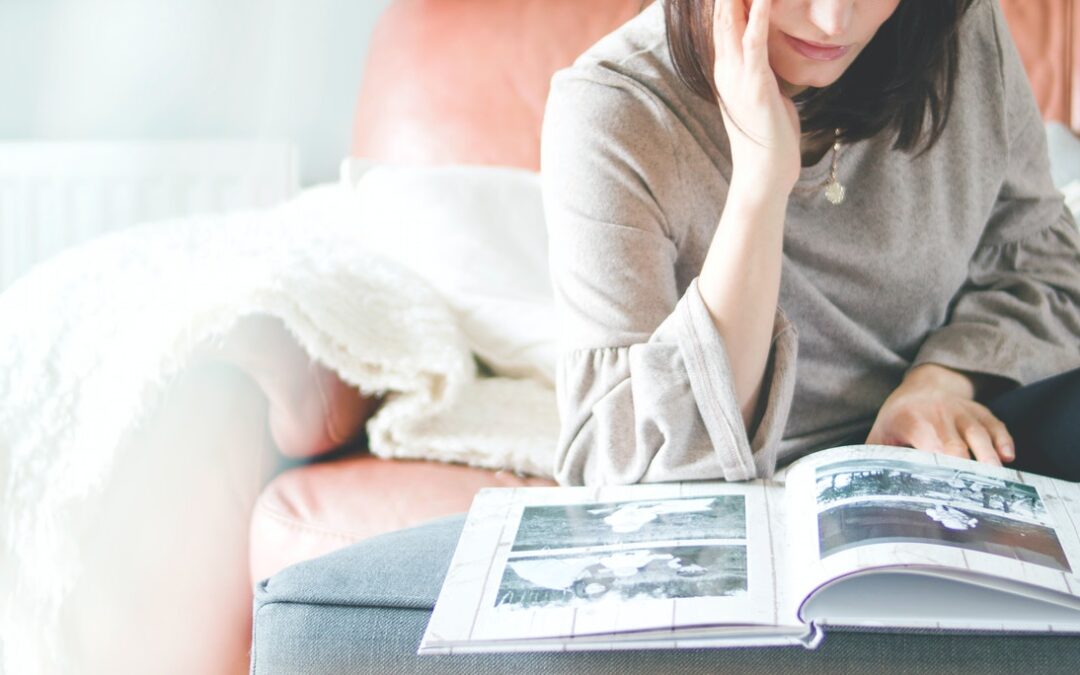
The Isolation of Grief
Now, I’ve never been a stranger to isolation. The kind that comes from feeling like you just don’t fit into your surroundings. But I’ve never felt as isolated as I did after the death of my daughter.
As a child, I was a shy, introverted person who felt different than the people around me. At the time, I never really knew why. I didn’t like the feeling of isolation, but I didn’t understand what caused it. So it just became a fact of life.
My shyness lessened over time, but remains a fundamental part of my personality. I’ve learned how to handle and enjoy various social situations. But I still prefer interacting with small groups or one-on-one conversations.
After my daughter died, my sense of isolation grew exponentially as a result of grief.
In the immediate aftermath of her sudden death, our house was filled with family and friends. They showed support by helping us do what had to be done. Things like planning the memorial and visiting the cemetery to secure a plot. Some helped work with our insurance company or write an obituary. Family and friends prepared meals, made sure we were left alone when we needed our space, gave us hugs, and shed tears with us.
The phone rang often. I found myself doing most of the talking when the other end of the phone was uncomfortably silent. People struggled to find the right words to say. Even in my numbness, I was able to understand the dilemma of “I’m sorry” doesn’t seem to be enough when someone has just lost a four-year-old little girl.
A few days after the memorial service, everyone went home. Less sympathy cards arrived in the mail until there were none. The phone stopped ringing. Our daughter’s preschool arranged a weekly meal donation and then my work did the same. The meals were a huge help, but eventually those stopped coming too.
We were left alone to figure out how to pick up the pieces of our shattered hearts and shattered lives. To find help, we went to counseling and support groups. But we were forced to accept the fact that life was going to keep moving forward without our precious girl in it. It was devastating.
That devastation led me to a self-imposed isolation from a world I could no longer stand to be a part of.
I didn’t want to talk to people who couldn’t understand my pain because I didn’t have the energy to explain myself. The sound of laughter or gossip produced outright anger in me. Everyday acts of going to work, chores, grocery shopping, or even something as simple as showering were agonizingly painful and almost impossible.
I wanted nothing to do with any of it. I found myself not answering the phone and not returning messages. When friends who weren’t sure how to help me invited me over, I politely turned them down.
I managed to make sure that I fed my surviving kids and took them to school and practices. But I was no longer the mom they were used to. They stopped wanting to talk to me about how they felt because they thought it would make me even sadder. My kids were frightened that not only did they lose their sister, there was a potential that they were losing the mom they thought they knew.
Over that first year after her death, the suffocating pain began to lessen. Though not by as much as I would have hoped. Everyday tasks didn’t seem so impossible anymore. I began to adjust to the “new normal” any grieving person must accept.
After a while, the isolation of grief began to change.
While I started answering the phone and accepting some of those invitations, I felt isolated in a different sense. I continued to think of my daughter and experience the pain constantly, but very few people talked about my grief or even mentioned her name any more. Even surrounded by friends, I felt completely alone.
Support groups and counseling helped. So did reaching out to other parents who had lost children. At that time, I preferred their company over others. I found myself part of the secret society of grieving parents who mostly keep their grief to themselves. They only tend to share their grief with those who are faced with the same loss and pain. I found that sharing my feelings with these people helped me immensely.
With the passage of time, I’m learning how to balance becoming fully reinvested in life while respecting my continuing needs for grief support.
I still look forward to support groups and talking with other bereaved people. But I also appreciate that when I allow myself to enjoy and appreciate everyday life, joy will come even without my daughter being physically here.
I still long for her to be at my side and to experience the wonder of watching her grow. But I know that she will always be with me in spirit. She is forever in my heart, my memories, and my thoughts. And these days, I don’t mind sharing that with anyone who cares to get to know me.





 This website was inspired by the memory of Margareta Sol Kubitz in hopes of helping others work through the pain of grief.
This website was inspired by the memory of Margareta Sol Kubitz in hopes of helping others work through the pain of grief.